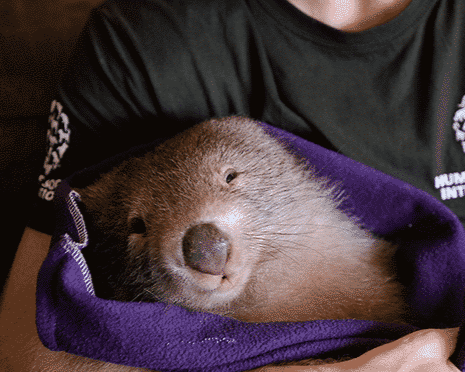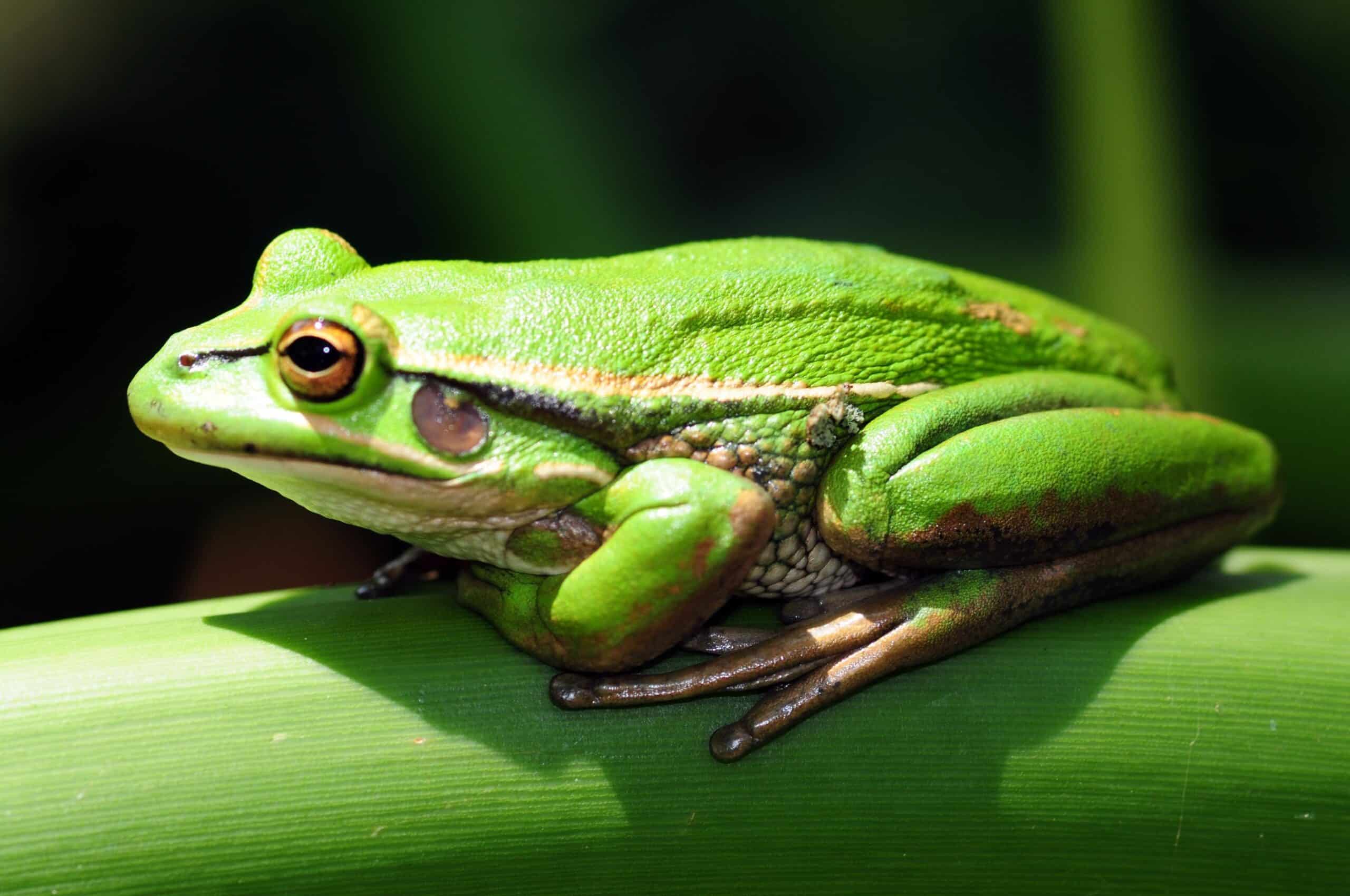Australia’s native animals are protected by law — but that protection comes with caveats. Across every state and territory, permits are routinely issued that allow property owners to kill native wildlife. Known in many jurisdictions as “damage mitigation permits,” these licences have quietly sanctioned the deaths of millions of animals...
On Tuesday afternoon, beachgoers at Sunrise Beach in Noosa were put in danger by a dislodged drumline, part of the state’s Shark Control Program, wash up into the surf with a small shark hooked on the apparatus.
Lawrence Chlebeck, Marine Biologist for Humane Society International, said, “Shark culling has never been able to reduce the risk of shark bite on ocean users, and here we see a prime example of how some of the archaic methods used in the program can actually further endanger swimmers.
“The Queensland Department of Agriculture and Fisheries has recently made great strides in trialling new, more effective technologies to reduce the risk of shark bite, including drone surveillance and Catch-Alert drumlines. It’s past time we move on from lethal culling methods from the 1960s that provide only a false sense of security while killing marine wildlife.
“This incident at Noosa shows us clearly how drumlines can increase risks in the ocean. Not only can equipment entangle and drown swimmers, as it has before, but also hooked, struggling and dead animals have the potential to attract large predators closer to beaches.
“Updating the Shark Control Program using non-lethal alternatives such as drone surveillance, alert systems, and shark deterrent technologies is not only better for Queensland’s marine wildlife and ocean ecosystems, but also for public safety.”
The Qld Shark Control Program consists of 383 drumlines and 27 nets positioned on beaches from Cairns to the NSW border. Operating since 1967, the program kills an average of 505 marine animals per year, including 45 turtles and 76 dolphins since 2013. Already in just this year, 22 turtles have been caught with 3 drowning in the equipment.
In 2019, Humane Society International won a court action ending the culling of sharks within the Great Barrier Reef Marine Park. In the ruling, a tribunal of judges stated that, “The lethal component of the Shark Control Program does not reduce the risk of unprovoked shark interactions. The scientific evidence before us is overwhelming in this regard.”


